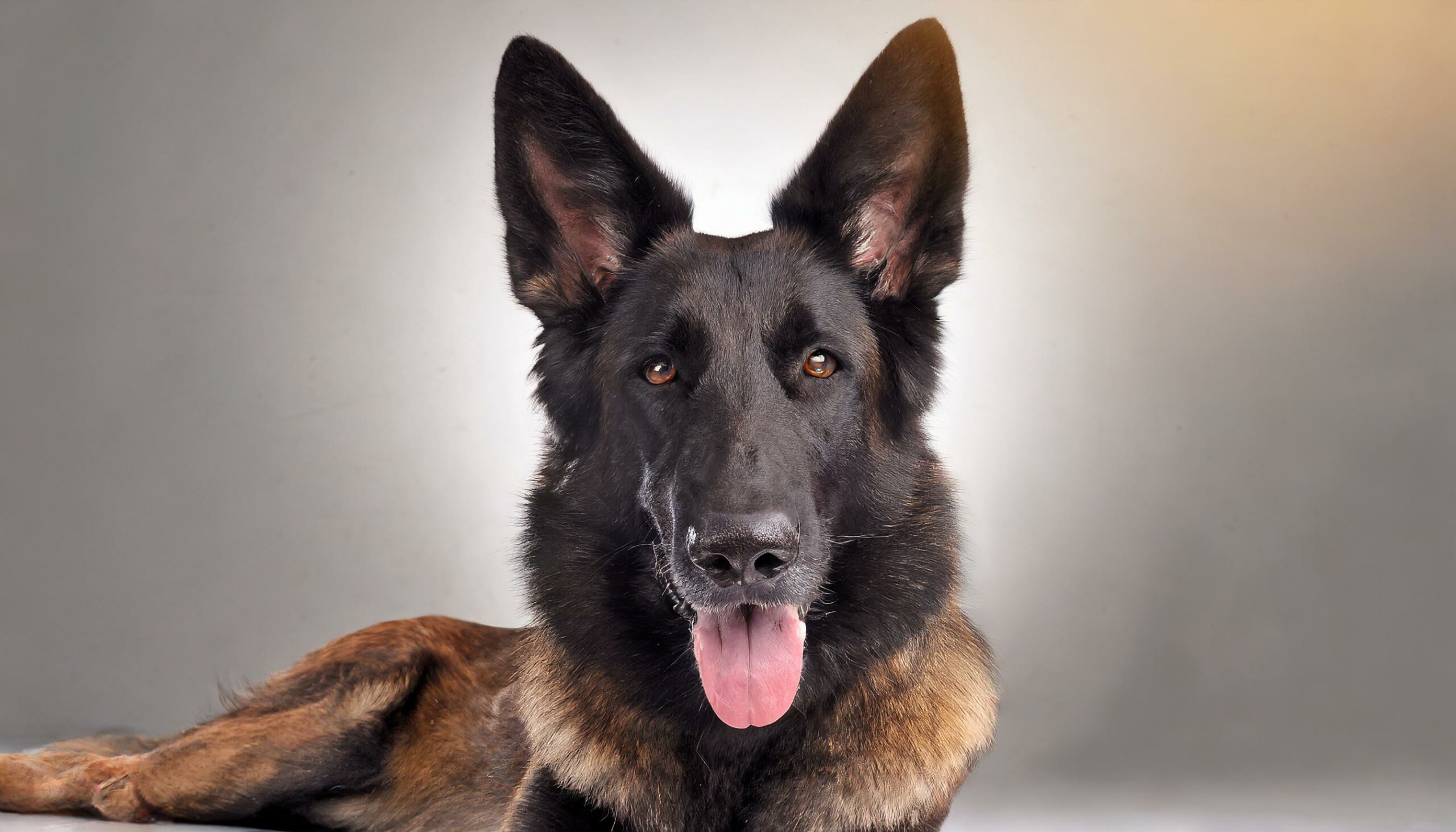The Dutch Shepherd is a highly versatile, intelligent, and loyal breed that hails from the Netherlands. Originally used by farmers to herd sheep, guard property, and perform a multitude of tasks around the farm, the Dutch Shepherd is known for its adaptability, work ethic, and easy trainability. This breed’s all-around capabilities have allowed it to excel not only in herding but also in police work, search and rescue, and as a family companion. With a history deeply rooted in hard work and loyalty, the Dutch Shepherd is as much a dedicated worker as it is a loving pet.
Origins and History
The Dutch Shepherd was developed in the Netherlands in the late 19th century. It was bred from various types of shepherd dogs and farm dogs from the region, with the goal of creating a versatile, hard-working dog capable of adapting to the varied and demanding tasks of farm life. Unlike many other breeds, the Dutch Shepherd’s breeding was primarily focused on its working ability and temperament rather than its appearance, which has resulted in a breed known for its intelligence and versatility.
Physical Characteristics
Dutch Shepherds are medium-sized, well-proportioned dogs with a strong, athletic build that reflects their working heritage. They are distinguished by their brindle coat, which can range from light silver to dark gold, and is one of the breed’s most recognizable features. The Dutch Shepherd comes in three coat types: short hair, long hair, and rough hair, each suited to different types of weather and working conditions. Their expressive eyes and alert ears reflect their keen intelligence and attentive nature.
Temperament and Personality
The Dutch Shepherd is renowned for its loyalty, intelligence, and temperament. These dogs are known for forming strong bonds with their families, displaying a protective yet not aggressive demeanor towards strangers. Their high intelligence and eagerness to please make them highly trainable, and they excel in obedience, agility, and other dog sports. The Dutch Shepherd’s versatility and work ethic also make it an excellent choice for police and military work, as well as search and rescue operations.
Health and Care
Dutch Shepherds are generally healthy dogs with a lifespan of around 12 to 15 years. Like all breeds, they can be prone to certain genetic health issues, such as hip dysplasia and hereditary eye disorders, but responsible breeding practices have minimized these risks. Their coat type determines their grooming needs: short-haired and long-haired varieties require regular brushing, while the rough-haired variety may need professional grooming to maintain the coat’s condition. Dutch Shepherds are active dogs that thrive on physical and mental stimulation, so they require regular exercise and engagement to stay happy and healthy.
Ideal Home Environment
The Dutch Shepherd’s adaptable nature makes it well-suited to a variety of living situations, but they do best in active households that can provide ample exercise and mental stimulation. They are well-matched with individuals or families who have an active lifestyle and are looking for a dog that can participate in outdoor activities and sports. Although they can adapt to living in an apartment, a home with a yard is ideal. Early socialization and training are important to harness their intelligence and energy positively.
Conclusion
The Dutch Shepherd is a remarkable breed that combines work ethic, intelligence, and loyalty. Its versatility makes it suited for a wide range of roles, from a working dog on a farm or in the field to a loving family companion. For those willing to provide the exercise, training, and companionship this breed requires, the Dutch Shepherd offers unmatched loyalty and companionship, making it a beloved breed for those lucky enough to share their lives with one.
